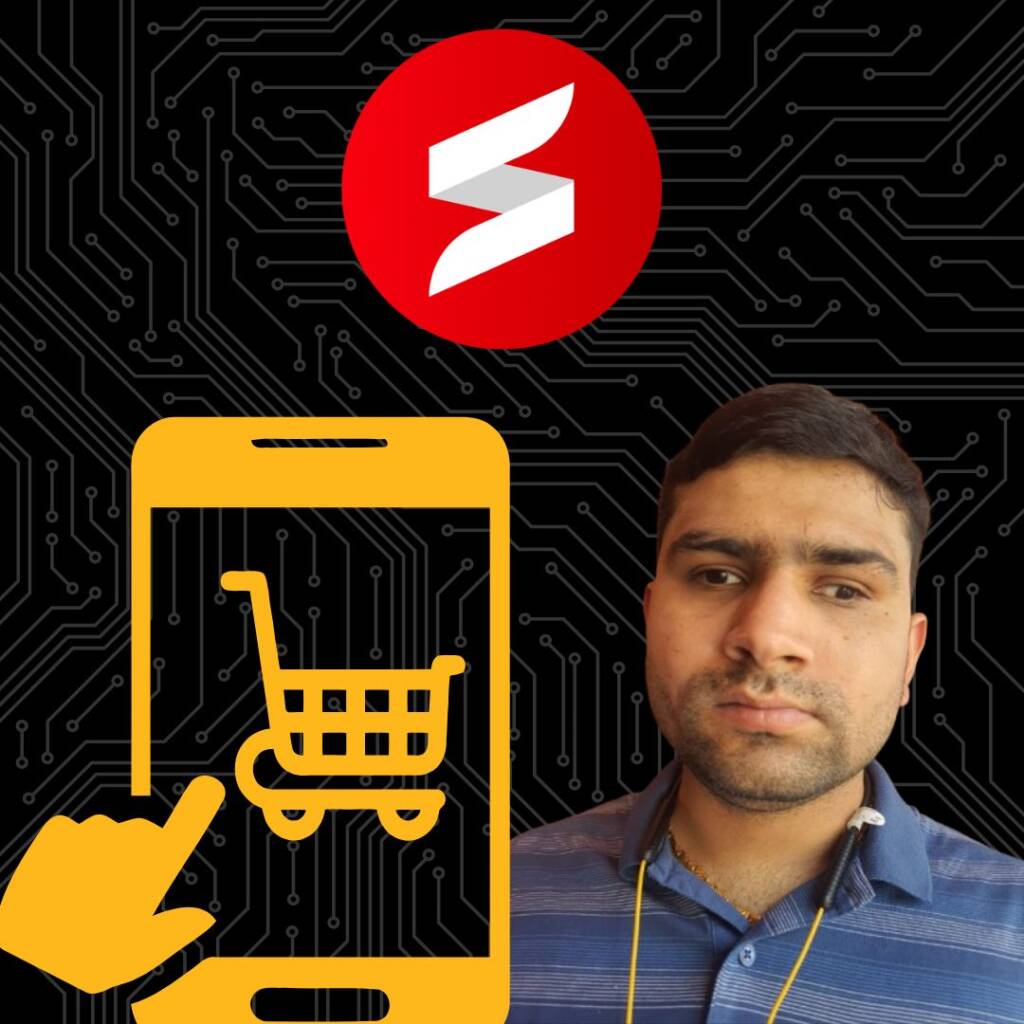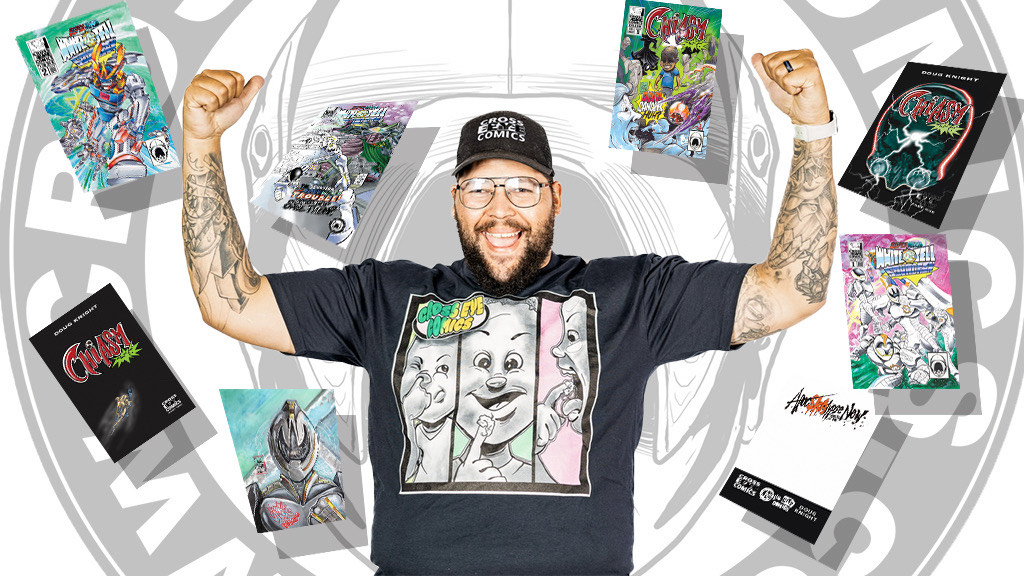I was 17 years old when I was told that the life I had planned for myself was simply not possible.
I was sitting in an ophthalmology exam room after hours of testing, waiting to get answers. I was very aware that my vision was not normal. I had been wearing glasses since I was in first grade, and every year when I visited the optometrist, they told me I needed a stronger prescription.
I had told numerous people, both in school and at home that I could not see things that I was supposed to be able to see. Over and over again I was ignored or met with disbelief.
After living with uncertainty as to why I couldn’t see things or do things like everyone else, one day I was playing golf with my grandfather. When he noticed I couldn’t see the ball in front of me on the ground, he took the initiative to take me to some specialists.
Anyone who has ever gone through a full battery of eye tests will agree that it is a very unpleasant experience. However, I was hopeful that I would finally get some answers and they would be able to fix whatever was going on with my eyes.
The doctor walked in and proceeded to tell me that I had a condition called Retinitis Pigmentosa (RP). I was told that I was already legally blind, and he described all of the science behind the condition. He stated simply that I would continue to lose my vision until I became completely blind, and there was no way to predict how quickly that would happen.
I was devastated. However, as if that was not enough, he then looked at the brief bio they did at intake, and continued to tell me that all of the plans I had for my life were not going to happen; I would not be able to drive again, I would have to switch the major I had chosen to pursue in college, and I should probably not plan on having children since RP could be passed on to them. He went on and on as I sat there with tears streaming down my face.
After I took some time to grieve all of the losses, my stubborn nature took over. I decided to prove him wrong. I didn’t tell people about my diagnosis because, in that one day, the specialist caused me to believe blindness was something to be ashamed of. I believed people in my life would not think I could do the same things they could. I went on with my life as if I was not blind, compensating for the things I couldn’t see. I went to college, eventually went on to grad school, maintained employment throughout, and continued to prove everyone wrong who ever voiced doubts about what I was capable of accomplishing. My sight continued to degenerate, and I eventually accepted that I was going to have to adjust to being visually impaired.
Once I managed to prove to myself that I could have a full and independent life while being blind, I decided that helping other people to realize that there is life after blindness would be my way of trying to change the way the world views blindness. My hope is that, one day, people individually, and society at large, will realize that people who are visually impaired are capable of just about anything.
Practically every time I step out my door, there is a teaching opportunity. Sometimes those moments involve how people interact or respond to my guide dog, sometimes the questions and education are more about how I do whatever it is I am doing. Most of the time people are curious and ask me one, two, or a dozen questions. Other times people approach me with a more negative attitude; they are more of a challenge. Patience is something I get to practice often. I do my best to take at least a few seconds to engage and educate when these moments arise so that the next time they encounter me or another person who is blind it will be a little easier.
Professionally, I am a licensed therapist with two main focus areas. The first is that I work with people experiencing vision loss and their families to help them through the adjustment process. I was drawn to this because I didn’t want anyone to have to go through it on their own the way I did. However my reason for continuing in this field for more than ten years now has shifted. I do it because it literally changes lives. I can’t count the number of people I have spoken to over the years that believed their entire life was over because they lost some or all of their vision. Sometimes after just an hour, they regain hope. They begin to realize they can do just about anything they want to do if they are willing to work for it.
My second professional focus is working with couples. I am passionate about helping people improve their relationships and have healthy, happy lives. I own my own private practice and recently co-founded a business where we are about to release an iPhone app for relationship improvement. I have accomplished numerous things which I never would have dreamed of when I was 17, sitting in the ophthalmology exam room, hearing the list of what I could not do. I have been able to engage with people in a way that makes my blindness irrelevant. I truly never thought that would be possible.
A diagnosis that once devastated me is now just another characteristic that makes me who I am. My hope is that all people experiencing vision loss of any type will gain the same perspective. Blindness is not something to be ashamed of, it is not the loss of independence that people believe it is, and it is not the end of the life that was planned. It just means that you have to learn to do things differently.
Sarah Clark is a licensed therapist and entrepreneur. When not working, she incorporates her passions for fitness, yoga, and dance into her life wherever possible. You can follow her on her website and on X (formerly Twitter).



